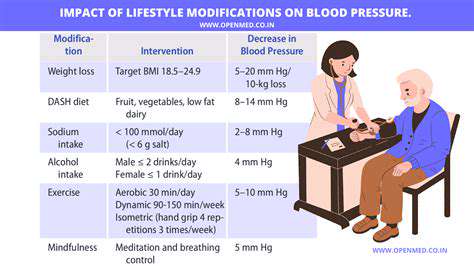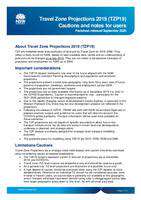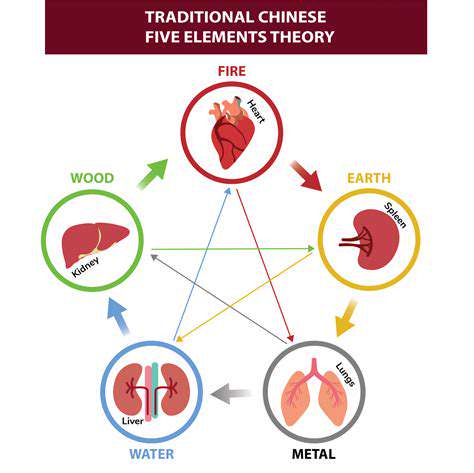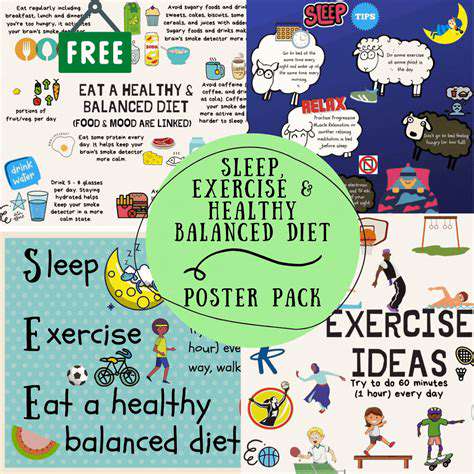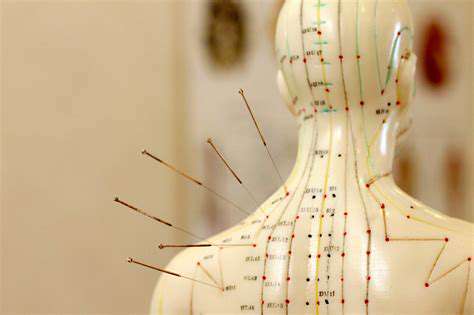The Importance of Dietary Fiber for Heart Health
Soluble fiber, found in foods like oats, beans, and fruits, plays a crucial role in lowering LDL (bad) cholesterol levels. This type of fiber absorbs water in the digestive tract, forming a gel-like substance that helps bind cholesterol and prevent its absorption into the bloodstream. Studies have shown that increasing soluble fiber intake can significantly reduce LDL cholesterol levels, contributing to a healthier cardiovascular system and potentially reducing the risk of heart disease. This, in turn, can improve overall blood lipid profiles, a key factor in maintaining heart health.
Furthermore, soluble fiber can help regulate blood sugar levels, preventing spikes and crashes that can negatively impact heart health. It slows down the absorption of glucose from the digestive system, promoting a more gradual release into the bloodstream. This steady release of glucose is beneficial for those with diabetes or those looking to manage their blood sugar levels effectively.
Insoluble Fiber: Promoting Regularity
Insoluble fiber, found in whole grains like wheat bran and vegetables like broccoli and carrots, is essential for promoting healthy digestion and regularity. This type of fiber adds bulk to the stool, facilitating its passage through the digestive tract and preventing constipation. Maintaining regular bowel movements is important for overall health and can contribute to a healthy gut microbiome, which in turn has a positive impact on the body's overall well-being.
The presence of insoluble fiber in the diet can also help prevent diverticulosis, a condition where pouches form in the colon. By promoting regular bowel movements, insoluble fiber helps prevent these pouches from developing and potentially becoming inflamed. This preventative aspect highlights the crucial role insoluble fiber plays in maintaining digestive health and reducing the risk of related complications.
The Synergistic Effect of Both Fibers: A Complete Approach
While both soluble and insoluble fiber contribute to heart health in their own unique ways, their combined effect is even more powerful. A diet rich in both types of fiber provides a comprehensive approach to digestive health and cardiovascular wellness. Consuming a variety of fiber-rich foods, including fruits, vegetables, whole grains, and legumes, ensures a balanced intake of both soluble and insoluble fiber, maximizing their synergistic benefits.
By incorporating these fiber-rich foods into your daily diet, you can support healthy cholesterol levels, regulate blood sugar, promote regularity, and potentially reduce the risk of various health issues, including heart disease. This comprehensive approach underscores the importance of a balanced and fiber-rich diet for optimal overall health.
Beyond the Basics: Practical Tips for Increasing Fiber Intake
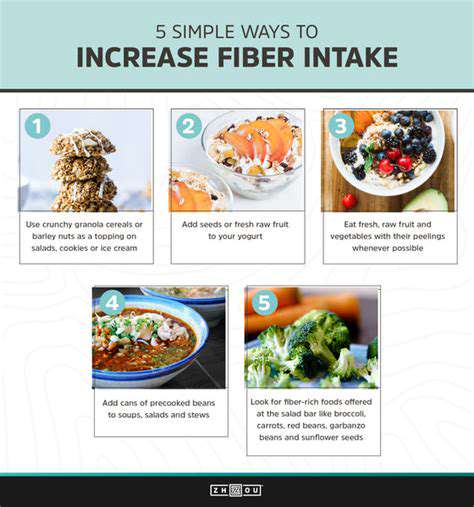
Advanced Techniques for Enhanced Productivity
Mastering the art of time management involves more than just creating to-do lists. Implementing effective strategies for prioritizing tasks is crucial for maximizing output and minimizing stress. Break down large projects into smaller, manageable steps. This will not only make the overall task seem less daunting but also provide a sense of accomplishment with each completed segment. Prioritizing tasks based on urgency and importance using techniques like the Eisenhower Matrix can significantly improve your efficiency.
Another key aspect of advanced productivity is learning to say no to non-essential commitments. This might seem counterintuitive, but it frees up valuable time and mental energy that can be channeled into higher-priority tasks. Delegating tasks whenever possible is equally important, as it allows you to focus on your core responsibilities and expertise. Recognize that you don't have to do everything yourself, and empower others to contribute to the overall success of the project.
Leveraging Technology for Streamlined Workflow
In today's digital age, technology offers powerful tools for streamlining workflows and enhancing productivity. Explore various project management software applications, like Asana or Trello, for organizing tasks, assigning responsibilities, and tracking progress. These platforms provide a centralized hub for collaboration and communication, ensuring everyone is on the same page.
Utilizing automation tools can significantly reduce manual work and free up valuable time. For example, explore tools that can automate repetitive tasks, freeing you to focus on strategic initiatives. This approach not only boosts efficiency but also allows for more creative problem-solving and innovation.
Email management is another area where technology can play a crucial role. Utilize filters and rules to categorize and prioritize emails, ensuring that important messages don't get lost in the inbox. Employing tools for scheduling and reminders can also help you stay organized and on track.
Consider utilizing calendars and scheduling applications to manage appointments and deadlines effectively. This not only ensures that you meet commitments but also helps you maintain a clear overview of your schedule. This contributes to a well-structured workday, reducing the likelihood of missed deadlines or overlapping appointments.
Exploring and utilizing various productivity apps, like those designed for note-taking or task management, can be beneficial. These platforms offer specialized features for organizing ideas, creating to-do lists, and scheduling appointments. This can help improve focus and reduce mental clutter.
By leveraging technology effectively, you can create a streamlined workflow, leading to increased productivity and a more efficient use of your time.

